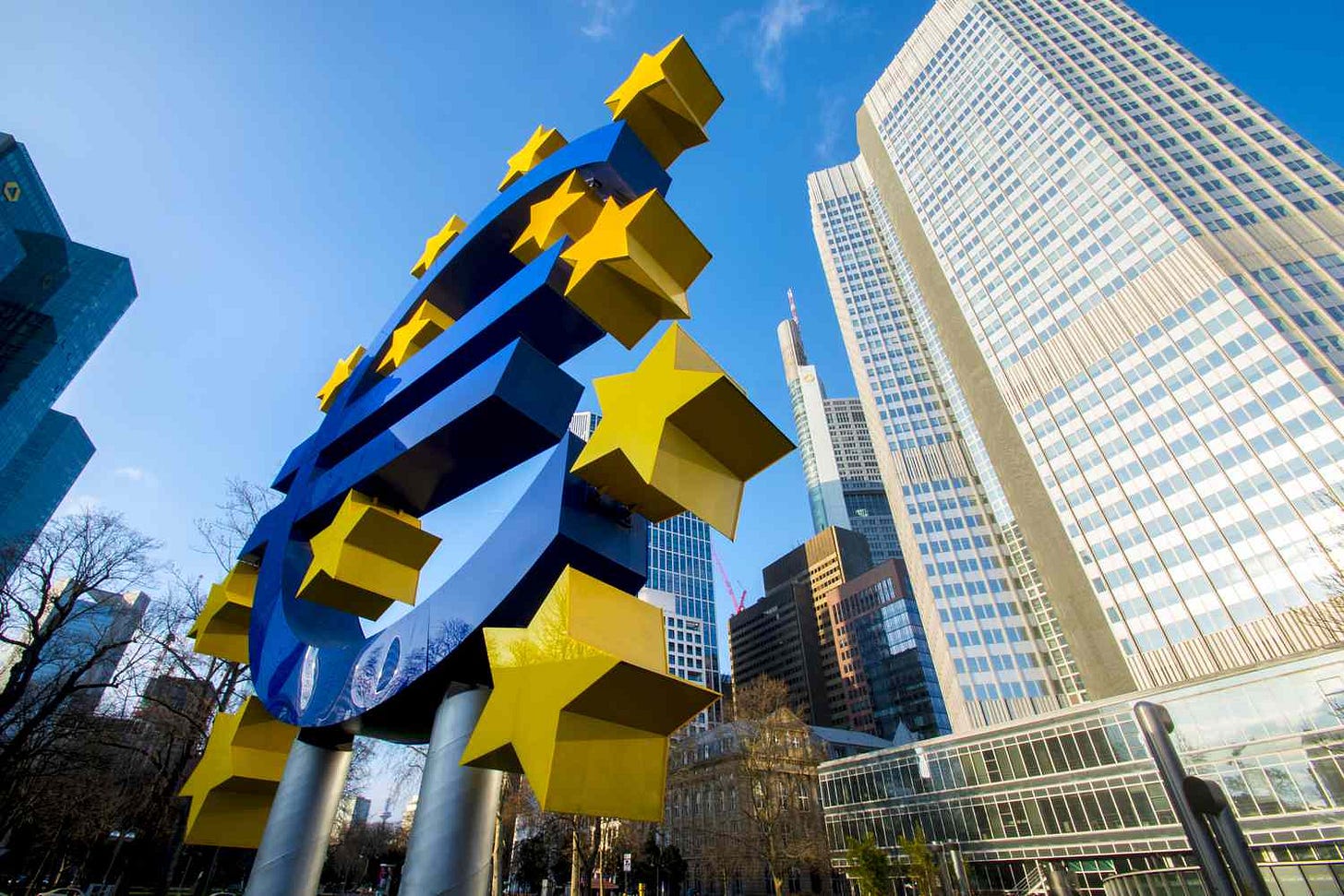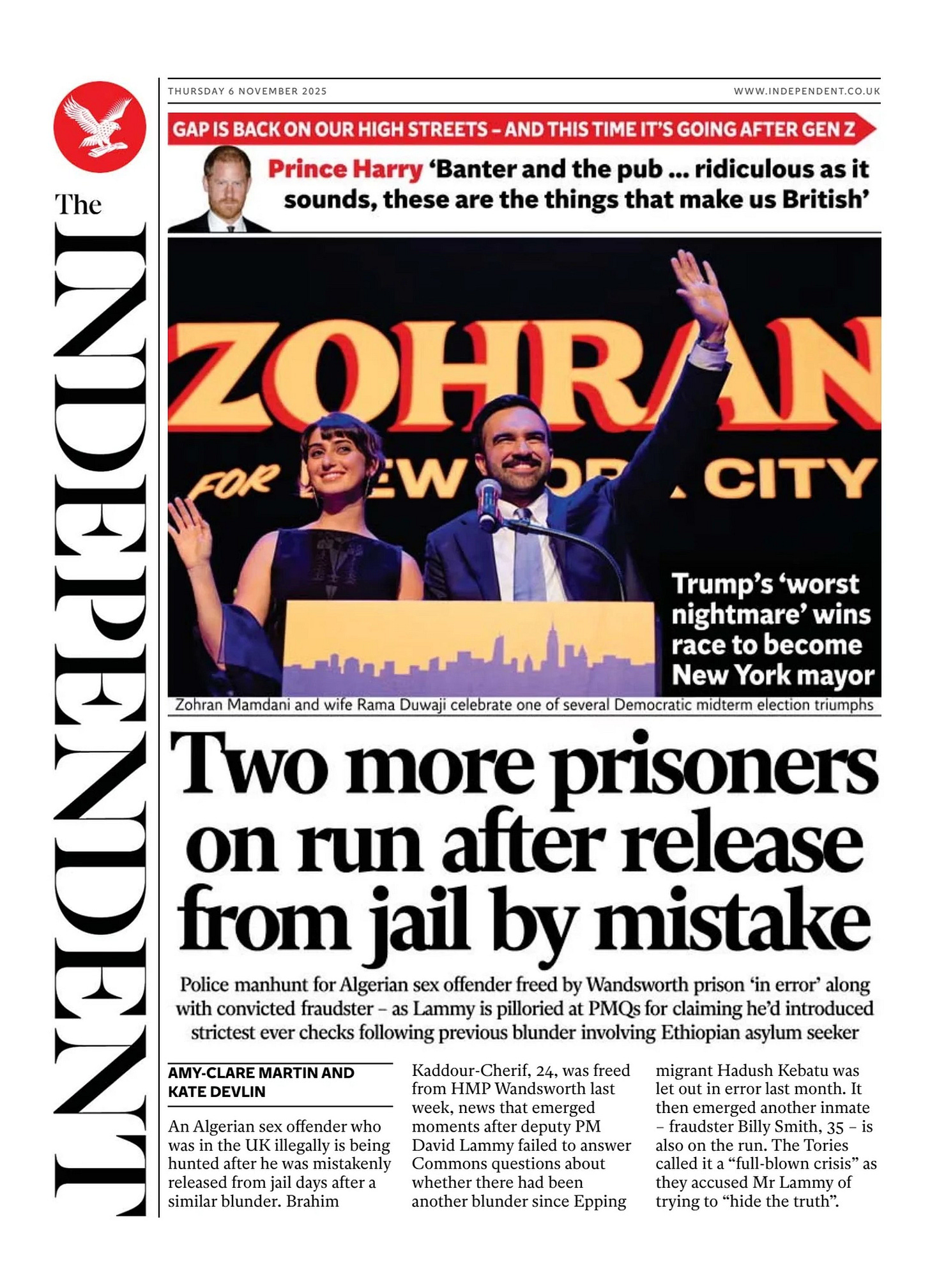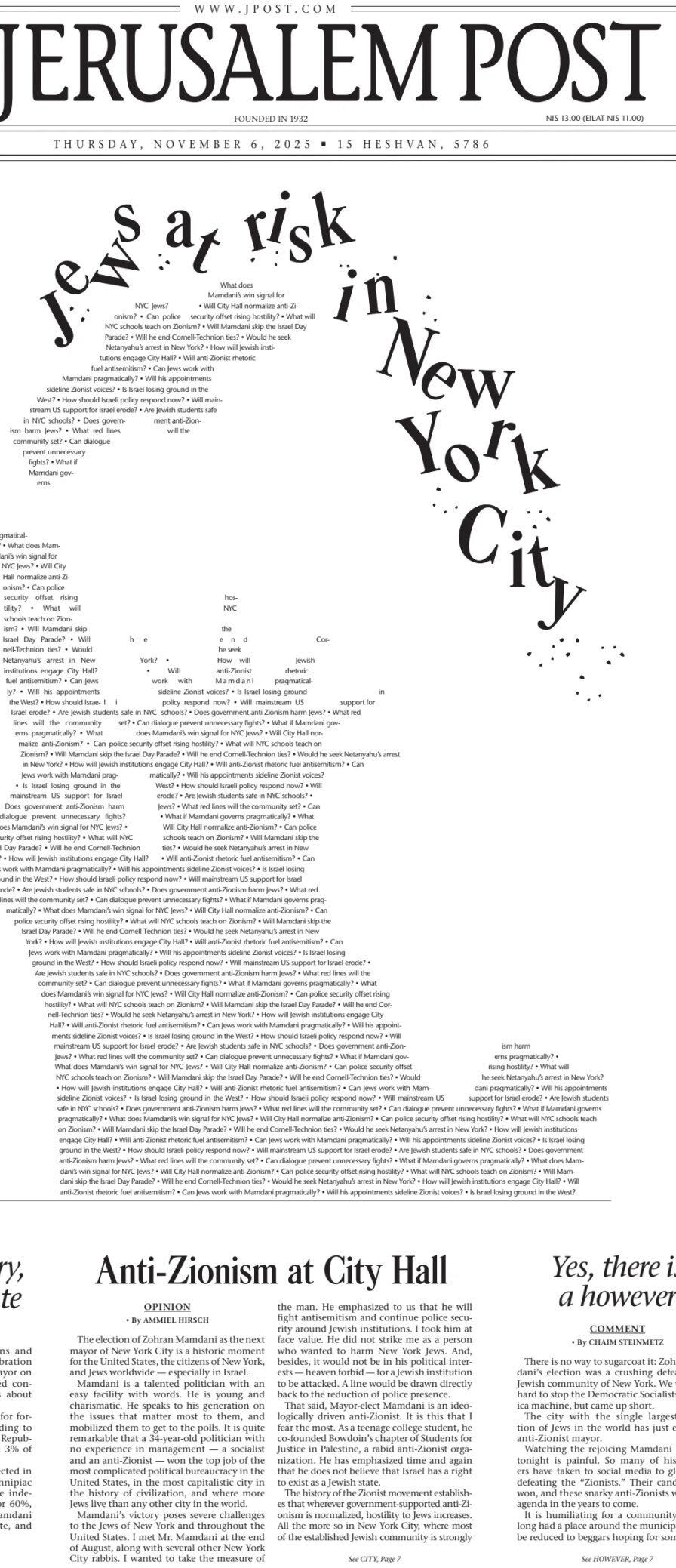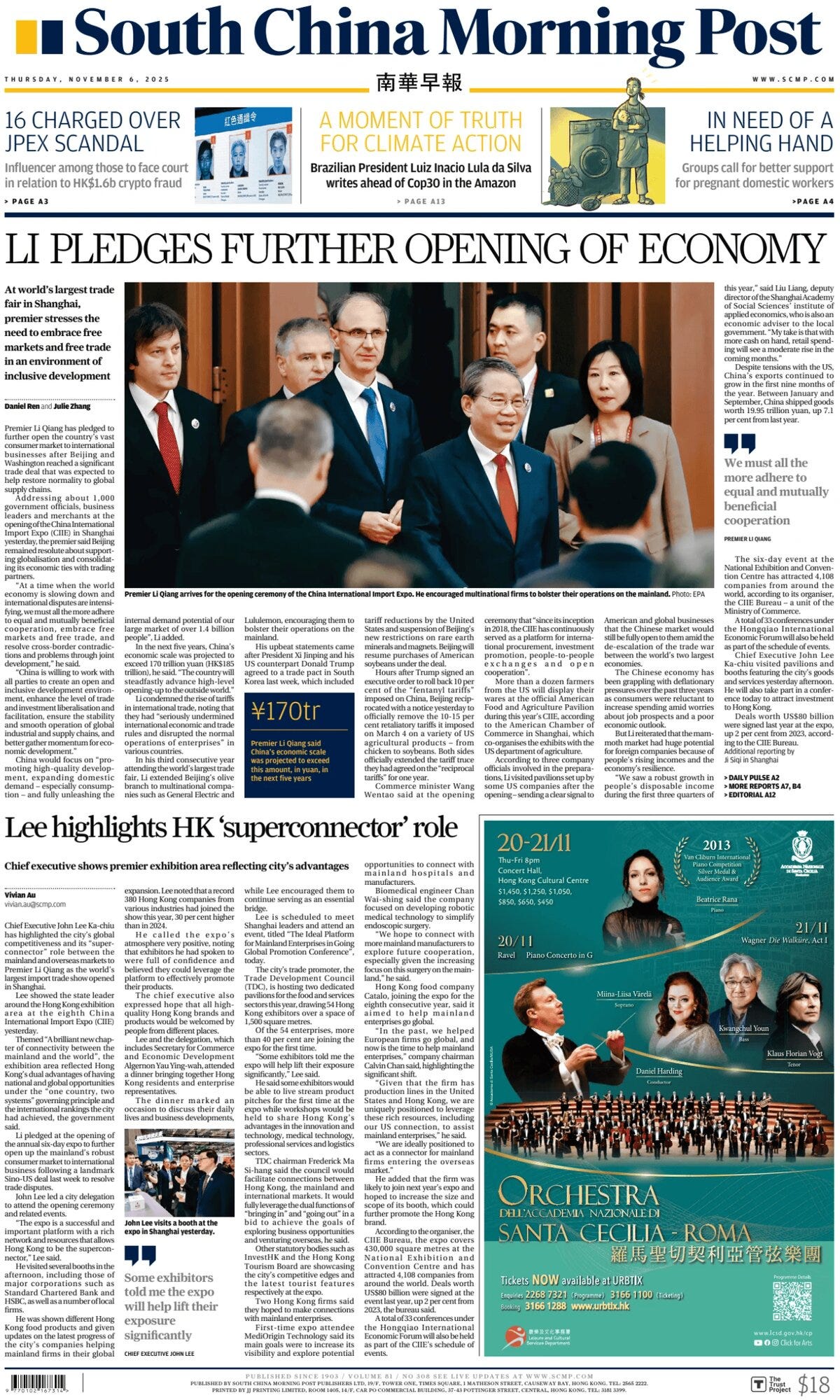Belgium Blocks Ukraine’s Reparations Loan — Then Gets a Taste of Hybrid War
Brussels balks at handing over frozen Russian assets even as suspected Kremlin drones shut down its skies.
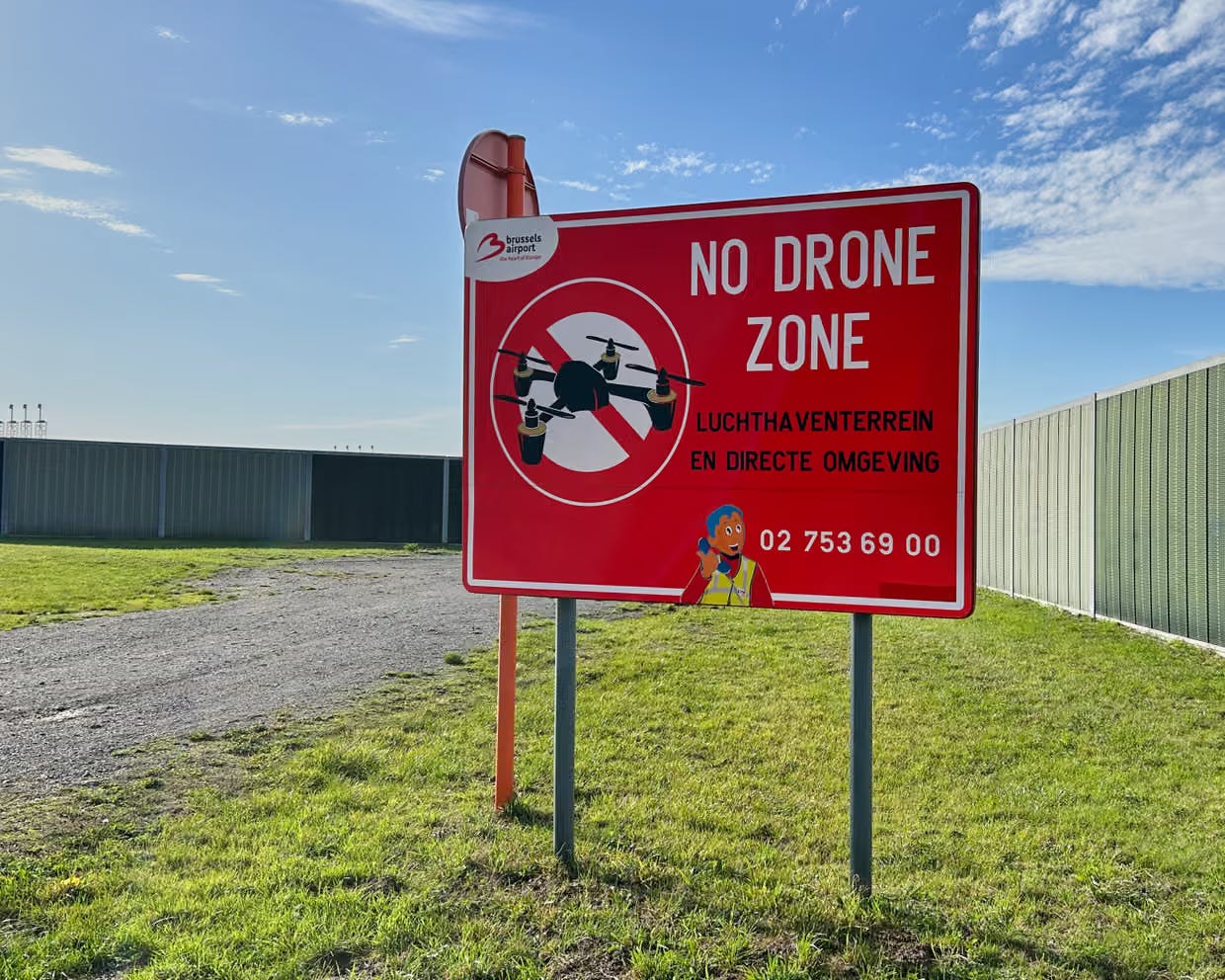
When Belgian Prime Minister Bart De Wever scuttled a €140 billion EU plan to channel profits from frozen Russian assets to Ukraine, he argued that Belgium was being unfairly singled out. “The fattest chicken is in Belgium,” he said, “but there are other chickens around.”
That may be true — but now the chicken has come home to roost. This week, Belgian intelligence sources told the Belga news agency they suspect a “state actor, most likely Russia,” was behind coordinated drone incursions that forced the closure of Brussels and Liège airports and targeted military sites, including Kleine-Brogel, which hosts US nuclear weapons.
Flights were grounded, F-35 base operations disrupted, and the National Crisis Center activated. Defense Minister Theo Francken called the incidents “coordinated and deliberate,” urging rapid investment in counter-drone systems.
Belgium’s defence minister, Theo Francken, told a parliamentary committee on Wednesday the incidents in Belgium appeared to be coordinated to foment disruption, involving large drones flying in formation. “It is in line with the hybrid techniques seen in other countries. This is not just someone who flies a drone by chance over a military site or airport … There are a number of indications that this was organised in a very structured way.”
The irony is glaring. Belgium has been balking at a proposal to funnel the roughly €190 billion in Russian Central Bank assets sitting at Brussels-based Euroclear to help rebuild Ukraine — even as it now finds itself on the receiving end of Moscow’s gray-zone aggression.
Elsewhere, Western allies remain opaque about their own shares of Russia’s immobilised billions — from Japan’s suspected €30 billion to the US’s €4 billion — citing legal and data-protection barriers. Only Switzerland has admitted to holding around €8 billion.
Why It Matters:
Belgium’s hesitation exposes a deeper Western dilemma: how to punish Russia without touching its money — even as Moscow continues to weaponize everything from energy to airspace. As I argued on CNN recently, Belgium and other European leaders can act now in a relatively painless — administratively complex but politically manageable — way and release frozen Russian assets. Or wait until Russian mischief escalates to the point where they are forced to pay more later, in the form of bomb shelters in kindergartens and schools. With drones already over Brussels, that calculus just got painfully immediate.
A plan to fund Ukraine’s reconstruction with profits from frozen Russian assets has run into a wall of secrecy, Euronews has found. At the latest EU summit, Belgian Prime Minister Bart De Wever blocked the proposed €140 billion “reparations loan,” arguing that Brussels was being unfairly targeted because Euroclear—based in Belgium—holds the largest chunk of Russian Central Bank assets, around €190 billion. De Wever’s retort that “the fattest chicken is in Belgium, but there are other chickens around” underscored a deeper problem: no one seems to know—or will admit—where the rest of Moscow’s €300 billion in immobilised funds actually sit. Euronews found that most Western countries, from France and Germany to Japan and the US, either refused to disclose details or claimed legal barriers to doing so. Only Switzerland confirmed holding €8 billion in Russian assets; Luxembourg, paradoxically, said less than €10,000 — a far cry from earlier EU estimates of €10–20 billion.
🎥 Miss Universe Meltdown in Bangkok
Public humiliation, security threats, and a contestant walkout — the Miss Universe pageant erupts in Bangkok after Miss Mexico is berated by Thailand’s pageant boss.
In this World Briefing video, I deliver my own unique commentary from right here in Bangkok, drawing on years of reporting across Southeast Asia — including Thailand and the Philippines, where beauty pageants are practically in the national DNA.
There’s no better time to upgrade to a paid subscription or support independent global reporting and commentary via Patreon or PayPal.
Zohran Mamdani’s victory in the New York City mayor’s race on Tuesday made ripples globally. Left-leaning officials in many countries, from Colombia to the UK to Hungary, hailed the democratic socialist’s win, seeing it as a triumph for progressivism worldwide. Leaders in Israel, whose government Mamdani has lambasted, decried the outcome; one minister encouraged New York Jews to move to Israel. In India, the reaction was more mixed: Mamdani is of Muslim Indian heritage, and has criticized Prime Minister Narendra Modi over his Hindu nationalist politics. Indians approach Mamdani with “more curiosity than pride,” ThePrint wrote. “He is a mirror many Indians, with their shrinking political space, don’t want to look into.” - Semafor
South Africa’s government says it has received distress calls from 17 citizens who have joined mercenary forces in the Russia-Ukraine war. The men are between the ages of 20 and 39 years and are trapped in Ukraine’s war-torn Donbas region. President Cyril Ramaphosa has “ordered an investigation into the circumstances that led to the recruitment of these young men into these seemingly mercenary activities,” a government spokesman said. The statement did not say which side the South Africans were fighting for. Working as a mercenary or fighting on behalf of another government is illegal in South Africa, unless the government authorises it. The men were lured to join the mercenary forces under the pretext of lucrative contracts, the government said. Spokesman Vincent Magwenya added the South African government is working through “diplomatic channels” to secure their return. Magwenya said 16 of the men were from KwaZulu-Natal and one from the Eastern Cape. “President Ramaphosa and the South African government strongly condemn the exploitation of young vulnerable people by individuals working with foreign military entities,” he added. South Africa has an unemployment rate of more than 30%, and is even higher among young people, making them vulnerable for recruitment, analysts say - BBC
Georgia’s government has reacted angrily to a critical assessment from the European Union over the country’s backsliding on democratic reforms on the way to joining the bloc, accusing Brussels of interfering in domestic affairs. In presenting a scathing annual report on progress toward accession, EU foreign policy chief Kaja Kallas said Georgia has “no viable path to the EU at this stage unless conditions change dramatically.” Specifically, the report blames the situation on Georgian government policies -- namely a crackdown on political opponents and a policy shift that appears slanted toward Moscow -- that have undermined relations with the 27-member bloc. Georgian parliamentary speaker Shalva Papuashvili accused the bloc of “blackmail,” saying that and “pressure on Georgia do not work.” “A bureaucracy imbued with a hidden political agenda, an arrogant attitude, and disrespect for all countries that do not display blind obedience, attempting to make independent decisions and exercise the sovereign right to govern the state,” Papuashvili added. The annual progress report for the 10 candidate countries acts as a weigh station for governments as they look to bring laws, finances, and policies in line with the bloc. In all there are 33 policy chapters that EU hopefuls -- currently Albania, Bosnia-Herzegovina, Georgia, Kosovo, Moldova, Montenegro, North Macedonia, Serbia, Turkey, and Ukraine -- need to fulfill before joining the bloc. The 2025 report lauded several candidates and dangled the carrot of possibly joining the bloc as early as 2030 if reforms remain on track. Georgia, however, was accused of “serious democratic backsliding” in the EU enlargement report. Once seen as one of the most democratic and pro-Western countries to emerge from the Soviet Union, Georgia has been accused of growing increasingly authoritarian, while adopting what many -- including Brussels -- see as Russia-friendly policies - RFE/RL


